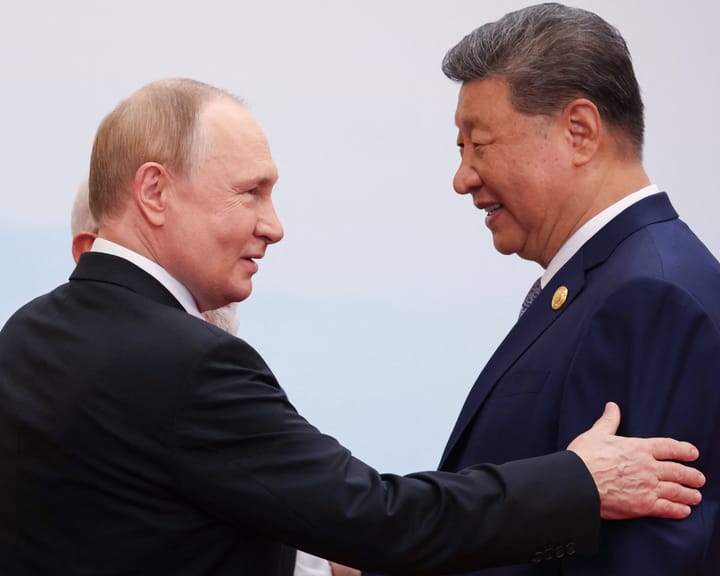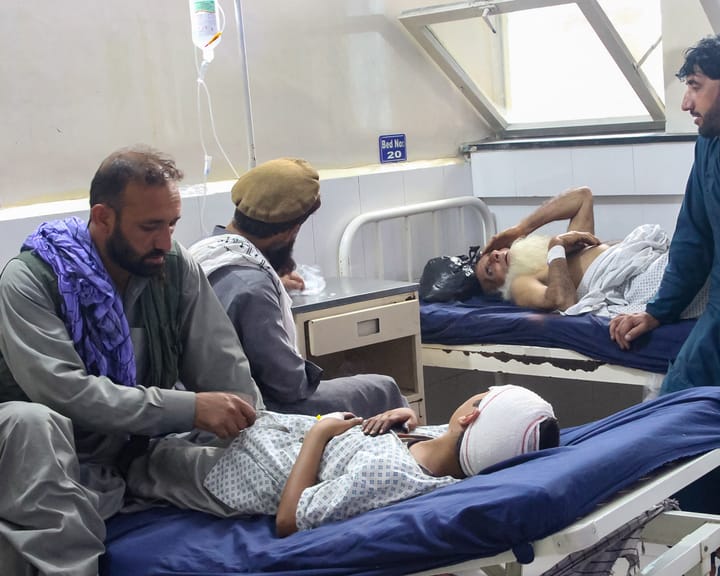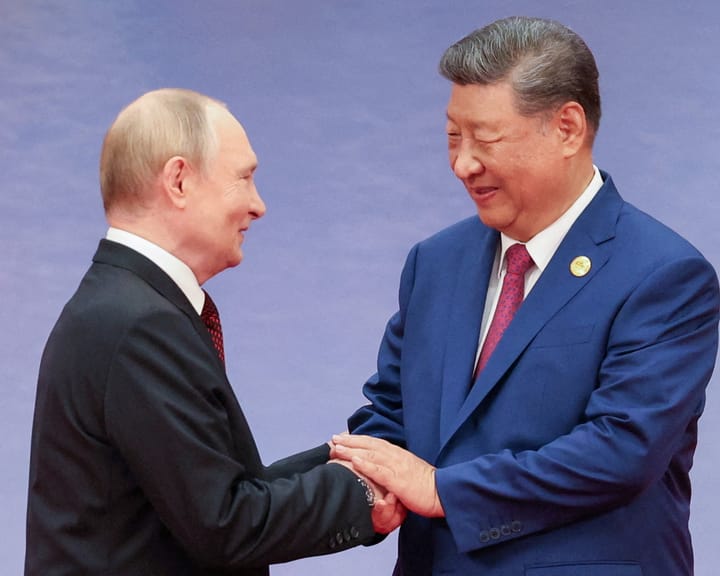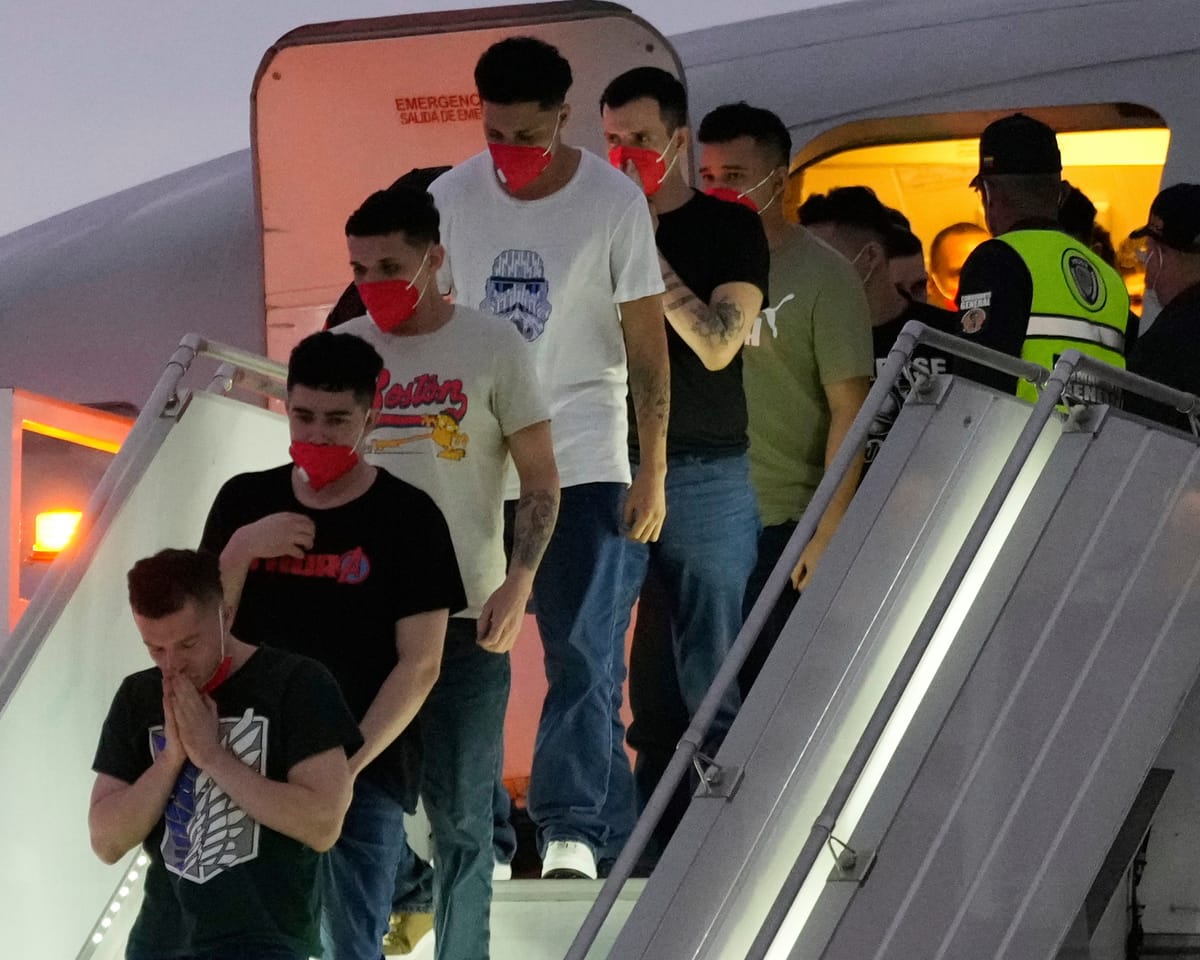Venezuela’s attorney general, Tarek Saab, announced on Monday that his office would examine the actions of El Salvador’s president, Nayib Bukele, along with two other officials, regarding allegations of mistreatment against Venezuelans held in detention.
More than 250 Venezuelans detained in El Salvador’s Cecot prison were repatriated on Friday as part of a previously arranged exchange with the U.S.
Saab stated at a press conference that detainees suffered rights violations, including physical abuse, denial of medical care, and being given inadequate food and water, which led to illness. Videos were presented showing former detainees describing mistreatment and displaying injuries they attributed to their detention.
Alongside Bukele, Venezuela plans to scrutinize the roles of El Salvador’s justice minister, Gustavo Villatoro, and its prison director, Osiris Luna Meza. Bukele’s office had not yet commented on the matter.
The Venezuelans were transferred from the U.S. to El Salvador in March after the Trump administration used the 1798 Alien Enemies Act to bypass standard immigration procedures while deporting individuals accused of gang affiliation.
The move faced condemnation from rights organizations and legal challenges. Relatives and lawyers of some deportees disputed their alleged connections to criminal groups.
The former detainees arrived near Caracas on Friday, where some families were able to reunite, though they have yet to return home.
Yajaira Fuenmayor, mother of released detainee Alirio Guillermo Belloso, shared that she was preparing his favorite meal in welcome.
Government officials stated that the men would undergo medical and procedural reviews before being released. Authorities have maintained that the detentions in El Salvador were unlawful and that only a small number of those returned had significant criminal backgrounds.
Venezuela's opposition has frequently accused President Nicolás Maduro and his administration of subjecting activists and others to comparable conditions domestically.
Recently, the U.S. reported that 80 Venezuelans would be freed as part of the same agreement that secured the release of 10 U.S. citizens held in Venezuela.
The legal rights organization Foro Penal noted that 48 Venezuelans classified as political detainees had been released but expressed concern over the lack of an official list to confirm details. They cautioned that some circulating lists included names of individuals not recognized as political prisoners.
Read next

"Xi and Putin denounce Western actions at Shanghai summit, citing bullying and Ukraine war blame"
Xi Jinping has denounced the "actions of coercion" by certain nations, while Vladimir Putin attributed the conflict in Ukraine to western interference, during the second day of a major gathering in China aimed at offering an alternative to western-dominated alliances.
The Shanghai Cooperation Summit (SCO) commenced in Tianjin

"Over 600 killed in shallow earthquake in eastern Afghanistan, reports state media"
6.0 Magnitude Earthquake Claims Hundreds of Lives, Reports Indicate
A powerful earthquake struck eastern Afghanistan near the border with Pakistan, resulting in hundreds of fatalities and injuring over a thousand people, according to the national broadcaster Radio Television Afghanistan (RTA). Concerns remain that the death toll could rise further.

Putin and Kim Jong-un attend China's Victory Day parade: what's the 'axis of upheaval'?
Who Will Attend China’s Victory Day Parade?
Russian President Vladimir Putin and North Korean leader Kim Jong-un will be among the attendees for the Victory Day parade on 3 September, commemorating the end of the Second World War after Japan’s surrender. This will mark the first time the

